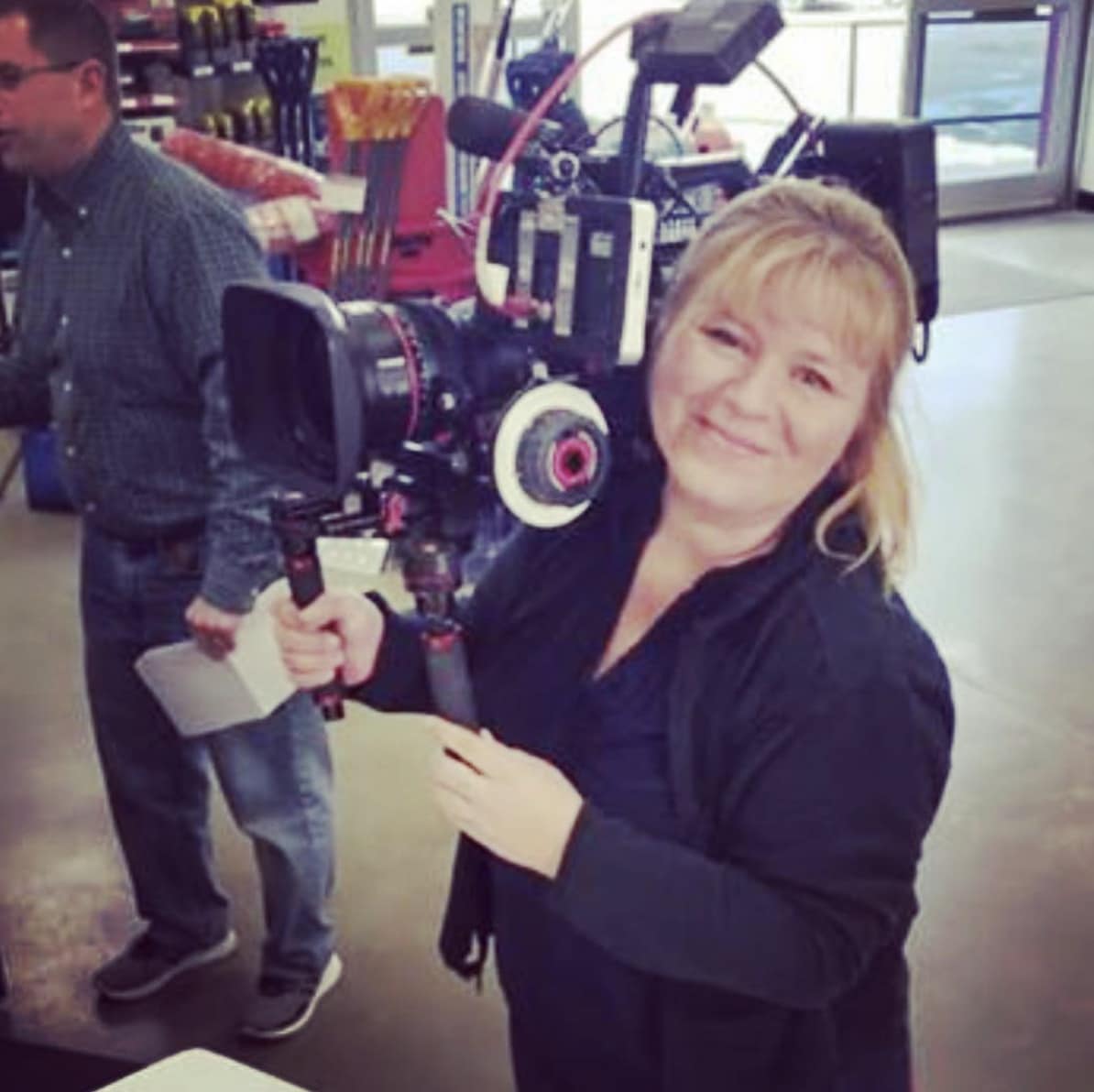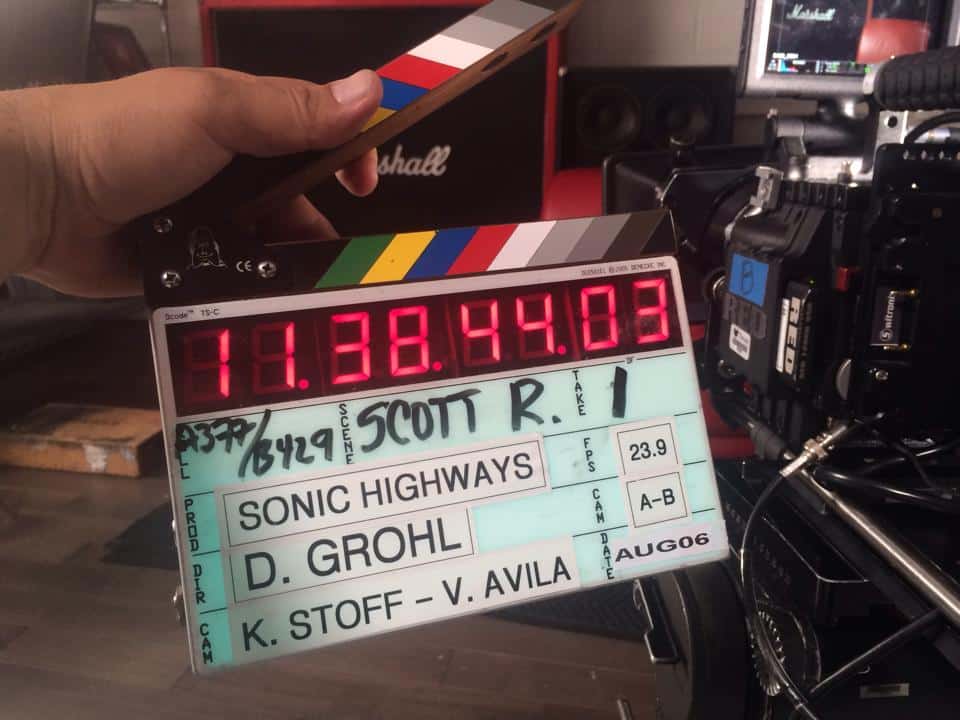Hillary Hanak (she/her) is a seasoned cinematographer from West Chester, PA, who cut her teeth in the competitive Los Angeles scene before settling back into the Philadelphia area. With over 20 years in film, and the foresight to learn at every opportunity, she’s wise to the nature of the industry and how to navigate it. Hillary has fostered opportunities for many promising young talents, recognizing the benefits of building a strong community of filmmakers in our city. She leads by example, fulfilling a crucial responsibility to usher in much needed change. Project Forte strives to create the dialogue for experiences and perspectives so we can establish the need for that change.
Written and Edited by Kate Feher
_________________________________________________________________________________________________________________
Hillary Hanak: I am Hillary Hanak-Newman…the Newman part is really only Facebook official, I just got married this past year. I’m a freelance Director of Photography and I’m the Video Content Producer and Director of Photography at Aramark.
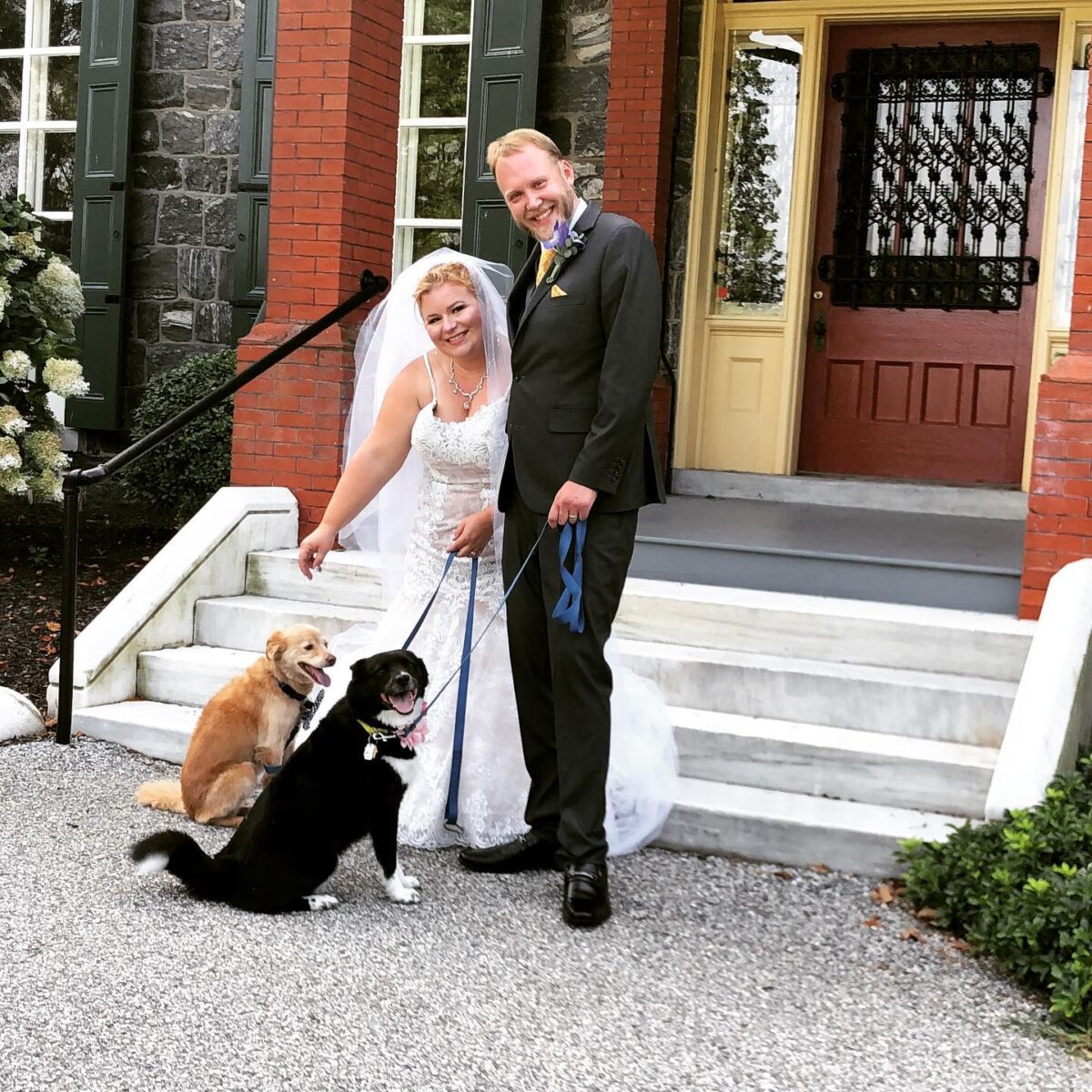
Kris Mendoza: How did you get started in the industry?
Hillary Hanak: I went to college for Film & Video at University of Pittsburgh, which was a theory-based program at the time, so they paired us with Pittsburgh Filmmakers for production and hands on courses. After I graduated, I moved out to California with not much money in my pocket. I had emailed over 200 DPs before I left, just going down the list of DPs in Los Angeles, and one of them responded to me and said, “Yeah, I’ve got a feature coming up. You can be the loader, no problem.” And that was my first job, loading film canisters for features, before the writers strike happened.
During that time, a lot of work washed up, but I had a 9-5 at a film lab, called Fotokem, on the weekends, and I could still freelance during the week. I worked for a place called Wooden Nickel, which is a grip and lighting rental house out there. It turned out to be a great way to network and I got to know everyone in the business while I worked there. Then I started my own grip and lighting rental company called Get a Grip Equipment in Los Angeles. I bought a truck, I bought gear and… I had a partner at the time and we just took every job we could take to build our name and build our reputation, and that ended up working out really well. We were really successful. We worked on everything, from low budget and no budget, all the way up to working with the Foo Fighters on “Sound City, and “Sonic Highways”. And really got into the rock documentary niche by the end of my time in LA.
I was with someone for 13 years and they ended up passing away out in Los Angeles, and it was really difficult. So, I came back here to be closer to family and still wanted to be in the film business, but didn’t know how that was going to work out. And soon as I moved back here, I got a call from the Foo Fighters, again, to do a second documentary with them. I ended up driving across the country and then flying back and going on the road with them for about a year.
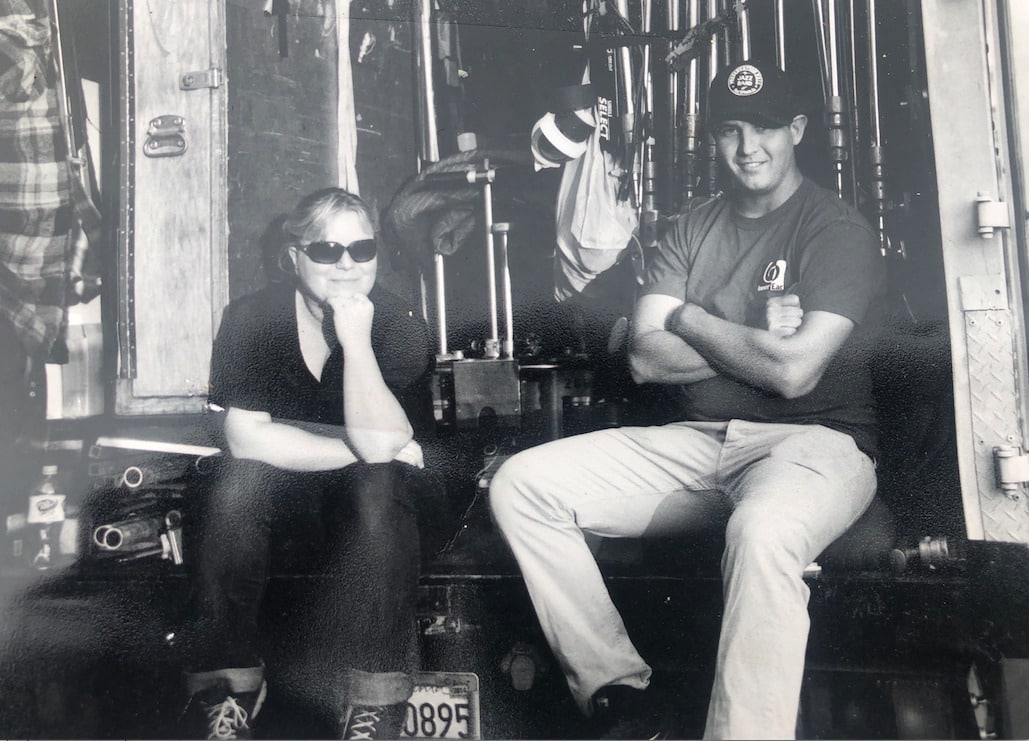
Kris Mendoza: Coincidentally, it seems like we both moved out to LA right around the same time. I got there and the writer strike happened, but I did not give it as much of a chance as you did. I did a year out there, I don’t want to say it was wasted, but I didn’t get to work on anything substantial. I didn’t know that you had your own rental business at one point out there . That’s pretty awesome.
Hillary Hanak: We had it for about five years, from 2008 to 2013. When I left, my business partner, Igor Kamoevi, and I just literally split the company in half. So, I have half the gear here and he has half the gear there. He took the truck and I took the van and we kind of split it up that way. He still has our clients out there. And then when our clients need somebody on the east coast, they call me. So, we’re still in contact, and he’s still working under that name, but I ended up coming here.
Kris Mendoza: In terms of the kind of work you do now… I know you have a 9 to 5 producing videos at Aramark but what kind of work do you keep busy with on the freelance cinematographer side of things?
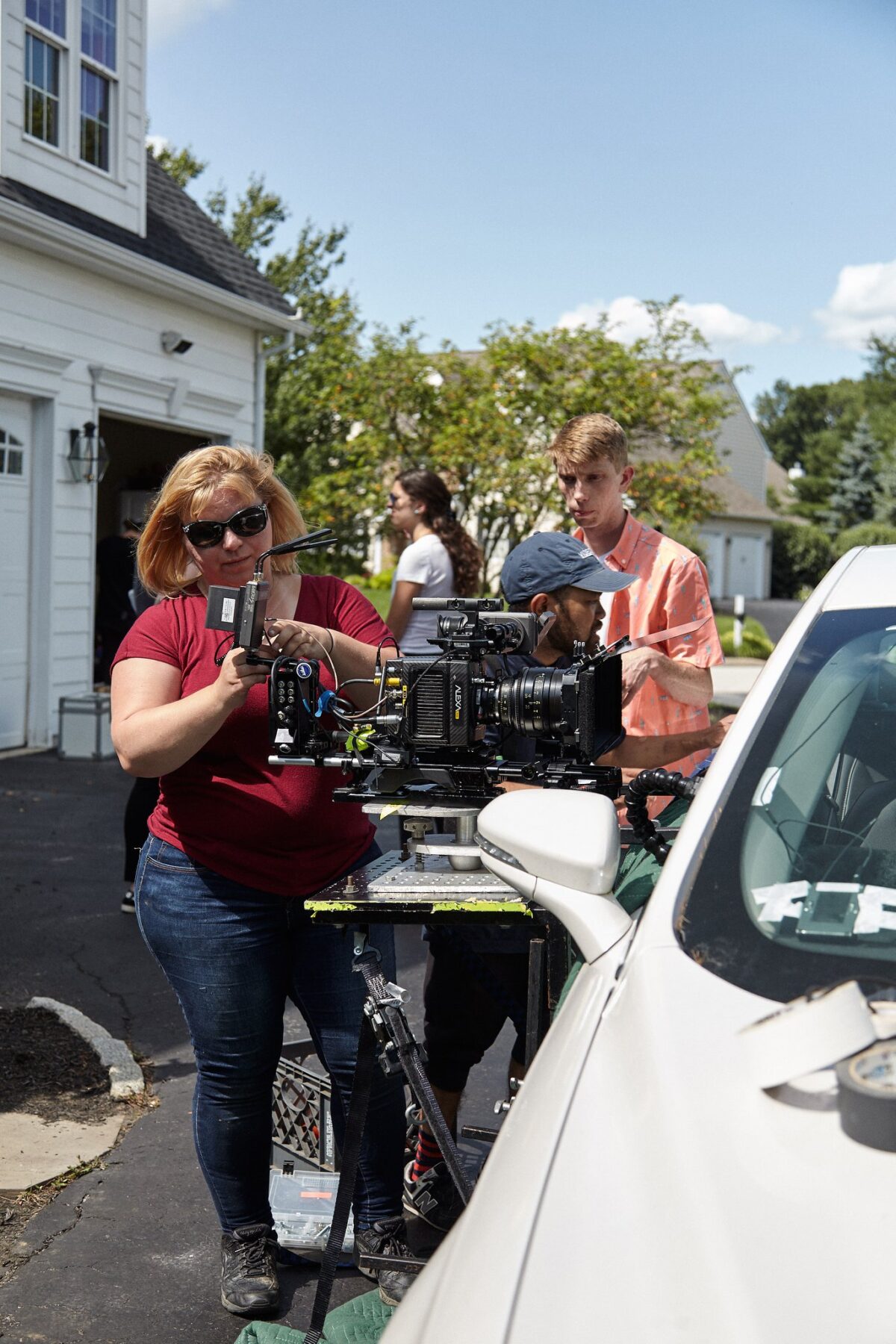
Hillary Hanak: Before the pandemic I did a short film for Carrie Brennan called Block, which is running the festival circuit right now, and doing really well. It’s won a couple of awards for directing and performance. I’m also currently in post-production on a documentary that Kelly Murray and I produced. It’s called The Openers and it follows an aspiring Philly comedian as he breaks into the comedy scene and opens for other stand-up comics. The goal is to capture the journey comedians take in the very beginning of their careers, before they establish themselves in the scene, or work their way up to a Netflix special.
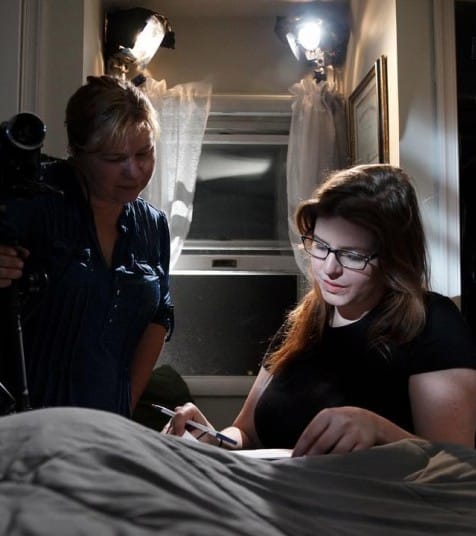
I am working on a documentary about the four men surrounding Malcolm X and then another documentary about Alexander McClay Williams who was a 16 year old African-American boy in the 1930s who was convicted and put to death for a murder that he didn’t commit. I have a lot of things in the works and passions I’m working on constantly.
We went up to New York a couple years ago and shot Alicia Keys, and we did the Jonas Brothers documentary, travelling down to Cuba with them. It just keeps coming and coming and going. And I just balance it out with other work. I never say no. I just say yes, and I figure it out later.
Kris Mendoza: That’s the way to go. It’s the blessing and the curse of being busy and when it rains, it pours. Just saying yes and figuring it out later is sometimes the best way to go.
You seem to have a gravitational pull towards documentary. Is that by nature, kind of working on with the Foo Fighters and becoming known for an aesthetic?
Hillary Hanak: I did just fall into the rock documentary genre, to be honest with you, but I’ve always had an affinity for real life, true stories and documentaries.
I was working on this low budget film with a DP who was, like, eight and a half months pregnant… And it was not a good movie [jokes]. And I promised her that I wasn’t going to jump off to go on another job for another three weeks; that I would finish this movie with her. And she really appreciated that. I lost a lot of money by not taking other jobs, but it was important to be there for her and support her. Sure enough, she was the one who ended up referring me to her best friend who was one of the DP’s on the Foo Fighters documentary. And I kind of fell into that and got to work with some amazing people and hear their stories. It was just fascinating to me. I thought I knew a lot about music and I thought I knew a lot about film, and I’ve come to find out that every time it’s just the surface, no matter how much you know, it feels like it’s just the surface.
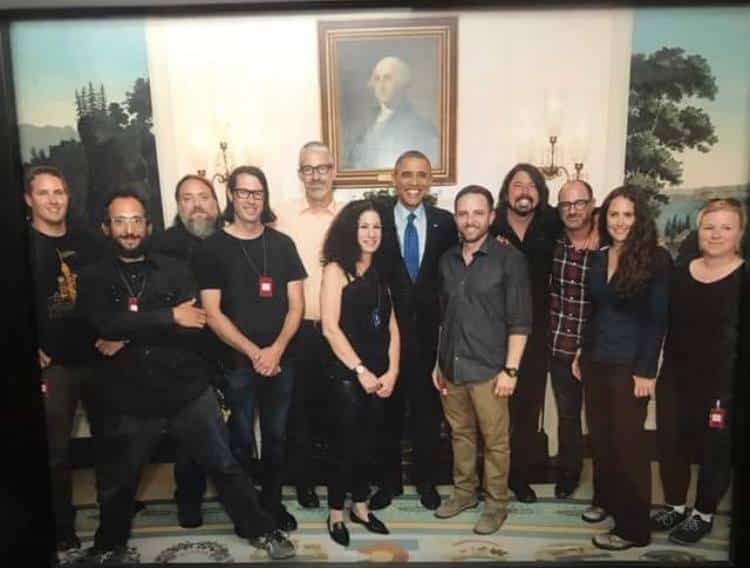
Kris Mendoza: Talk to me about the mission of Philadelphia Women in Film and Television (PWIFT) and what kind of work you do on the board there.
Hillary Hanak: So, I was brought on by fellow filmmaker, Dafna Yachin, who is the vice president. I did a documentary with her called The Great Flip-Off, and it was an amazing experience. We worked really well together and she recommended me to be on the board of PWIFT. When I came on, the role that was available at the time was secretary/social media director. So, I’m able to get the word out more about PWIFT. We have a real presence in Philadelphia and people know about us, but we want us to be even more of a support to the community of female filmmakers. The pandemic has been really hard. We used to have galas and events where we could do networking but now we’re making that work in the virtual world. We held an event called Focus In Zoom where we invite different female filmmakers, actors, directors, producers, crew members, and so on, to talk about their experience in the film business.. We’ve been able to do a couple of happy hours and last week one of our members held a private screening of her documentary which she wanted some feedback prior to its release. It was amazing.
Kris Mendoza: From your perspective, is there a solid community of female filmmakers supporting each other out there? What’s that like in terms of finding other women in your field, especially, to learn from and bring an open mindset?
Hillary Hanak: I can only speak from my own experience, but I feel like I have a solid group of female filmmaker friends and colleagues in Philadelphia and the surrounding areas. We push each other to do things outside of our comfort zones.
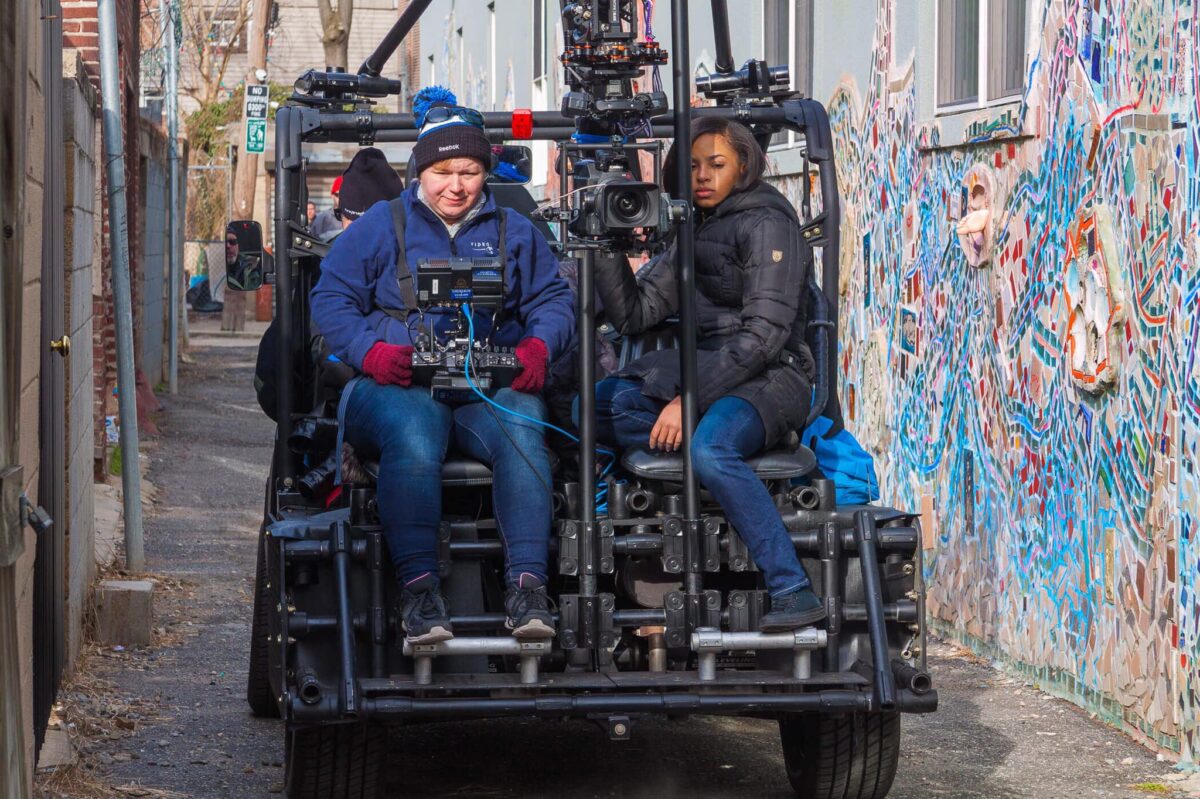
I remember Maestro did an interview with Bianca Moon, and in it she talked about a series, Vex, we worked on for Simone Holland. And she was getting into the grip and lighting world and was worried at the time about taking an upcoming project. And I told her, “You have it. You have the passion, you have the knowledge. You just need to believe in yourself and learn a little bit more. Don’t go on a set thinking that you know everything.” And now she is working all the time and doing great things!
Kris Mendoza: Regardless if you are a man or a woman, that should be the mindset you go in with –
Hillary Hanak: Exactly. Because the minute that you step on a set without an open mind you’re going to stop learning. I’ve been in the business for over 20 years and I’m still learning when I go on set. And I think that that’s really important. Our community is constantly expanding and we challenge each other to do better.
Kris Mendoza: We’ve interviewed for Project Forte and many of our guests have specifically mentioned you by name as someone who has helped give other women opportunities early in their careers. Supporting each other can be the simplest thing, like giving that pep talk.
Personally, I’m conscious of each time I step through a door, that someone opened that door for me, speaking figuratively. Were there people early on in your career who heralded that kind of mentorship and support, who fostered that spirit in your overall approach to things?
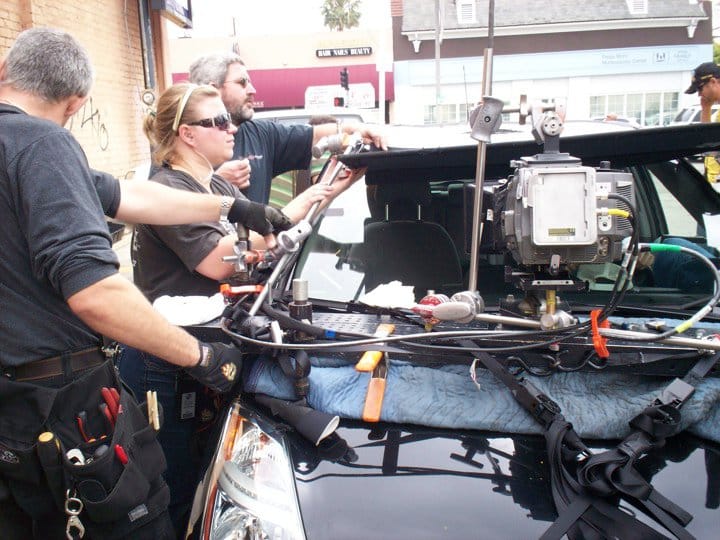
Hillary Hanak: Definitely. My boss, Bryan Godwin, at Wooden Nickel was very supportive of my career, and we’re still good friends today. I used to call him “my west coast dad.” He was there if I needed support or advice in LA, where there’s so much competition. I always went on set thinking, this might be my last day on this set. You never take it for granted because there’s always somebody that could take your place. You may not know everything when you step on set, but if you have a hardworking and positive attitude, if you’re kind to people, they are going to want to work with you. These are 12 hour days. You might be working for six months on a movie and you don’t want to work with a jerk every single day.
Kris Mendoza: I find myself saying that same thing. If anything, it leans towards the people-business more that the technical business. You can have someone who is great at what they do, but if you can’t work with them they’re no good.
Hillary Hanak: Yeah. And in terms of opportunities: Rachel Morrison, who is now a really famous DP – she did Mudbound – she took me under her wing. We did a film called Any Day Now in LA before she blew up. And Jessica Young is incredibly talented and always finds new and different ways to create unique vibes on screen, whether it is using strip diopters or vintage lenses or vintage lighting, she pushed me to keep thinking outside the box on different techniques possible. She was one of the Dp’s on the Foo Fighters docs, and she is still doing movies with them and those are coming out soon, and her film 2 Distant Strangers just won an Oscar! We just had a really good rapport and being able to find people you work with well, can quickly become your support system. Ultimately you want to work with people who inspire and push you toward upward mobility and the perk is that you get to not only work with these people but become friends as well.
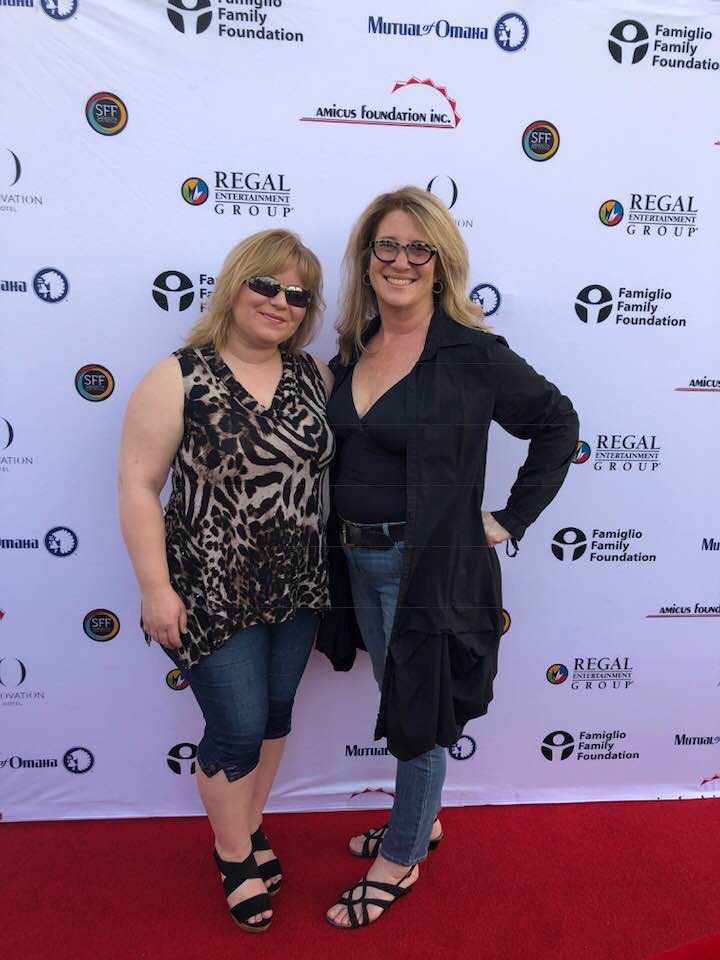
Kris Mendoza: As far as your approach to fostering strong women filmmakers in the community, you seem to be someone, just based off of what other people have said and the type of work and sets I’ve seen you on, that kind of has a very intentional approach to hiring and working with diverse sets. Why do you have that approach and what led you to have that mentality?
Hillary Hanak: It’s funny that you say that because I honestly don’t think of it that way. I just hire people that are good at their jobs and are good working together with each other. I don’t necessarily hire somebody because they’re female. For example, Fre Howard is an amazing makeup artist and I hire her for her work and her presence, not because she happens to be African-American or female. I know that any set that she goes on, everyone is going to love her and her work will be amazing.
Kris Mendoza: I 100% agree! It’s refreshing to hear you say that because it’s become the crucial point: Bianca said it, Simone said it… “I want to be hired because I’m good and people value what I’m bringing to set,” as opposed to fulfilling a check box. It’s important for folks to look a little harder and be more intentional. There’s an ecosystem you’re building through this networking amongst female filmmakers.
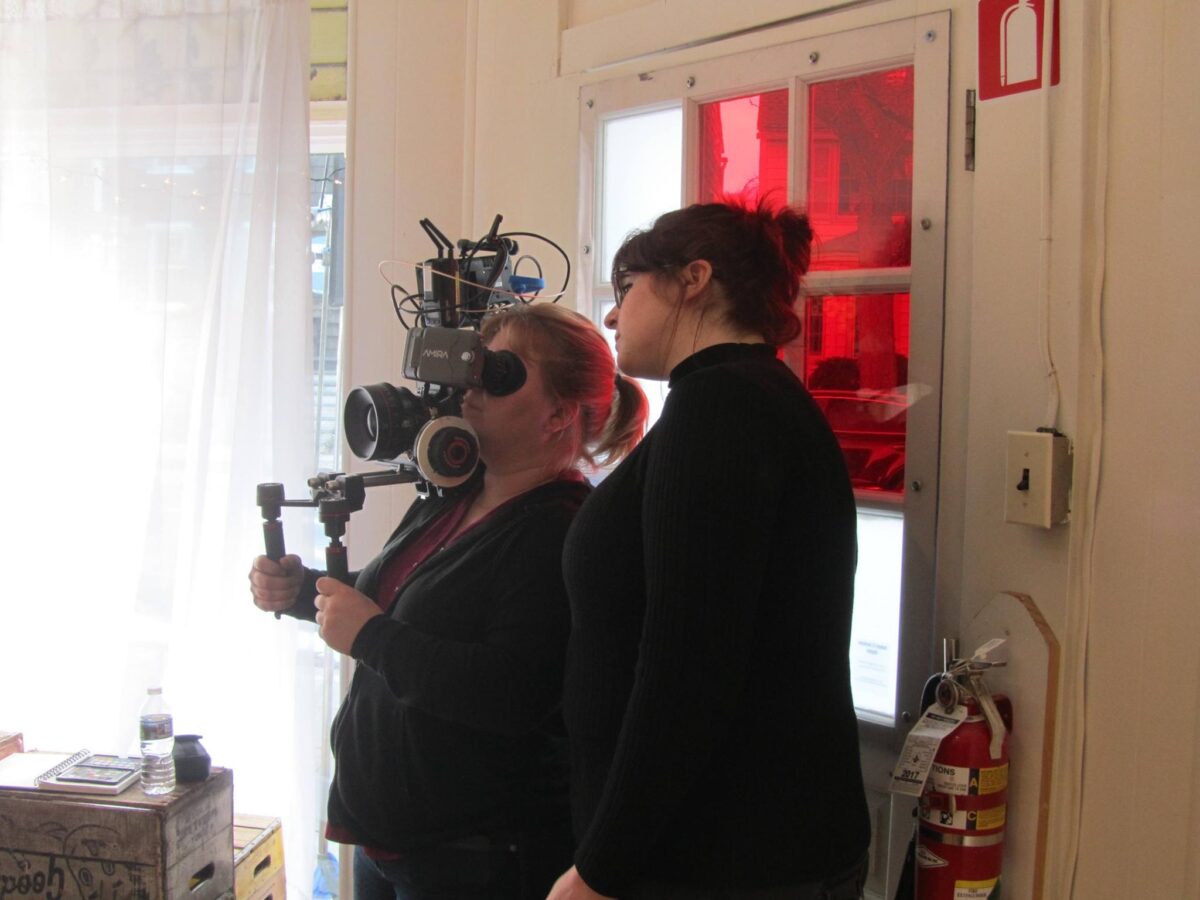
You’re putting yourself in diverse circles, and I think that’s why you end up hiring them. I don’t think it’s completely accidental, but it is great that you’re hiring them because you know that they’re good and you like working with them. There are stereotypes that say women are hard to work with… strong women, type A women… and working with women is counterproductive. What do you say to all those stereotypes? From your experience, it seems like that’s absolutely not the case because you continue to work with the same strong free-willed women that you do.
Hillary Hanak: Yeah. I’m going to be completely honest with you. There have been times where I have worked on a set of mostly women or a set with mostly men, and you can be pulling your hair out. But then on another set it can be the most amazing experience ever. It just depends on the people you are working with. The Block movie that we did had females as every department head and that was probably the best all-female shoot I’ve ever worked on. Everyone was there for each other. We were there for the film. We were there knowing our craft and working as hard as we could, and figuring out… when there were issues, we solved them and didn’t divide. So, I think with anything, you can have the good shoots and the bad shoots.
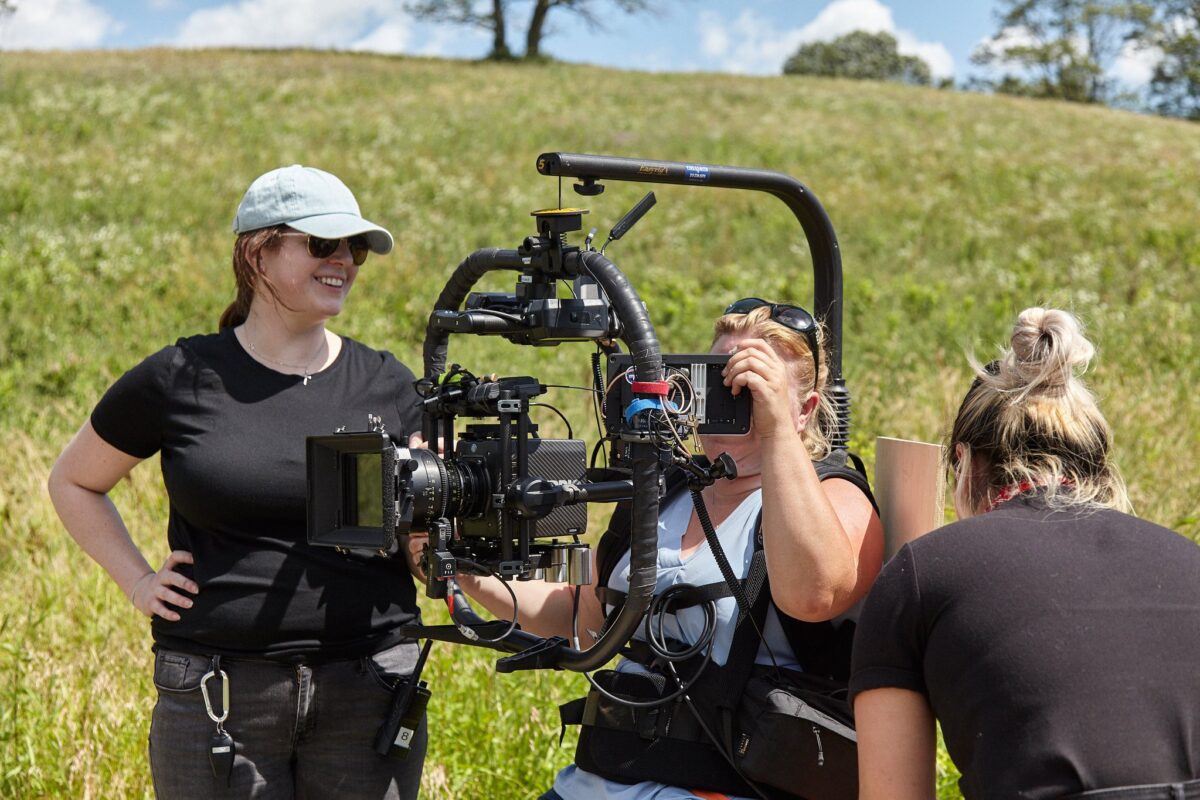
It’s really knowing, who do you want to work with? And that’s one of the things about this industry that I love, is you get to decide who you want to work with going forward. When you’re up and coming, you might not have that luxury, but once you kind of get a name and a reputation for yourself, then you get to decide. So, if you don’t click and vibe with somebody, whether it’s male or female, you don’t have to work with them. You can find somebody else. And I think that that’s something important to understand. It’s not the end, if you don’t click with this person, there’ll be somebody else.
Kris Mendoza: What are your thoughts on women washing, it sounds so weird to say that out loud but “women washing,” in terms of crew and hiring. Does that seem counterproductive or is that something elastic we need to flex to before coming back to a new center?
Hillary Hanak: I had this happen during a job: I was crewing up and… I’ve never been asked this before… Honestly, I’ve never been asked who I’m hiring and what their ethnicity was or their race or their gender or anything. But this client said, “We want a really diverse shoot and we want a female crew.” And I said, “Well, I’ve already hired some people and they’re not what you’re looking for.” But if the client is asking you for something you have to deliver. Now, it was a little challenging to me because I had hired a guy who had done me a favor prior, and I told him, “Hey, on the next job, I’m going to get you back,” and this was a really good job.
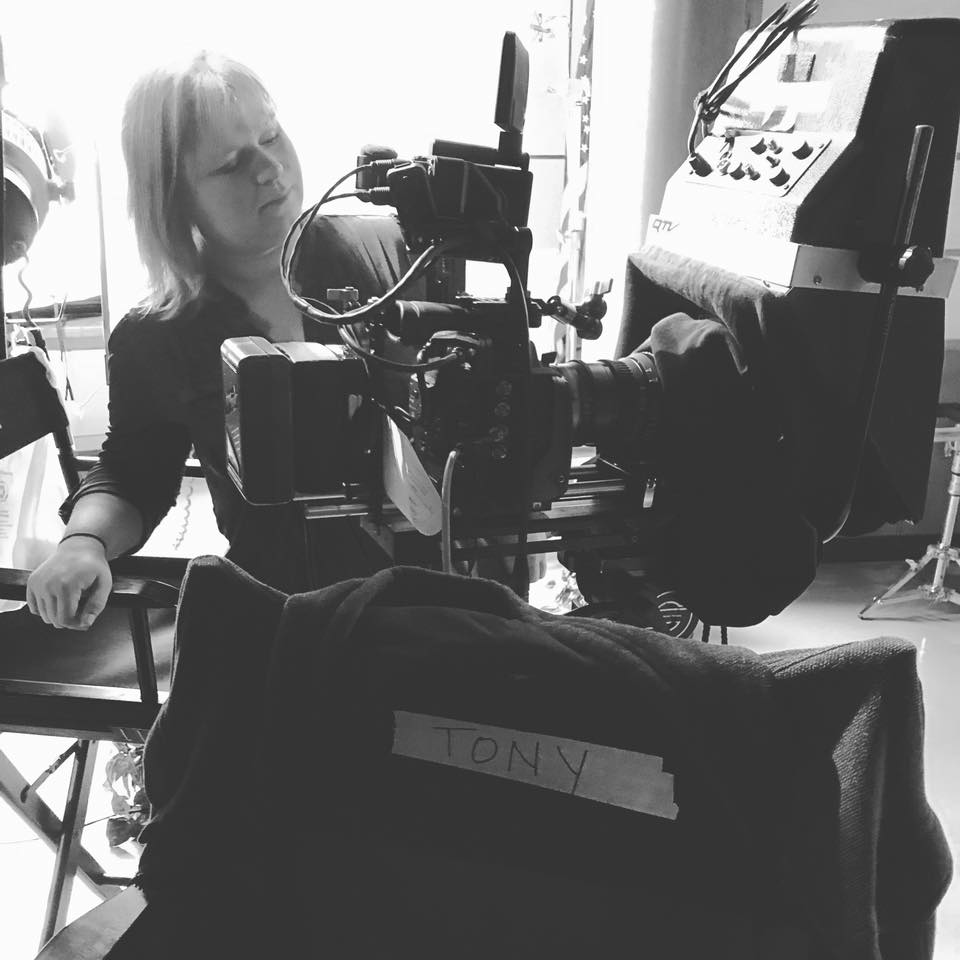
He happened to be a white male who was fantastic at his job. He is the camera guy when I have questions. And I had to let him go because they wanted a woman of color for second camera. I didn’t have anybody in my contact list because the production wasn’t in Philadelphia and, because of COVID, a lot of people didn’t want to travel or stay in hotels. The girl I found was great but I could tell very quickly she wasn’t at the level this guy was. She still did a great job, but was newer to the film industry and he had been in the business for 15 years.
It was challenging because I wanted to give back to the person who had helped me out before and I was not able to do that. But ultimately I was able to expand my network in another city and please my client at the same time.
Kris Mendoza: Inclusivity is great, but when it becomes exclusivity, that’s when you’ve jumped on the other side of this very thin line. You’re being intentional, but it backfired. It’s good to hear you say that because we’ve been doing these interviews and don’t want it to seem like a very anti-white male initiative. That’s certainly not the case. I think there are still a finite amount of opportunities, of filmmakers, and of crew people on the supply side. It just sucks that it’s a zero-sum game.
Hillary Hanak: It negates the fact that we’re building this community to support one another, and yet we’re not able to give back when we have the chance to.
Kris Mendoza: And just to clarify, that particular job, it wasn’t like you were going into a labor and delivery room, or something very women centric that… It was not one of those situations?
Hillary Hanak: No. We had actually asked, “ Was it a sensitive subject?” But they were not able to give us a reason and… I did meet some other people on set who I had never worked with, so I got to expand my network a little bit.
Kris Mendoza: It’s an ecosystem where everyone needs to thrive and everyone needs to survive. If someone’s very good, very pleasurable to work with, they are hirable regardless of gender or color.
Hillary Hanak: And don’t get me wrong. When I first started… I was one of six females in the union that I belong to in Los Angeles out of 3000 members. Since then they’ve asked me, “Well, was it hard being… What happened when you went on set?” There were a couple of shoots where, I walked on set, and the men looked at me like, “Oh, great. We’re going to have to work harder today because we have a female.” And then I would pick up the 4/0 cable and put one on my left shoulder, and I’d pick up the 4/0 cable and put one on my right shoulder, probably 75 pounds a piece, and start walking down the road. And they would go, “Oh, okay, we’re cool. It’s all good.” And I personally loved that. I loved the look on the faces of people who underestimate me. Some younger people I’ve talked to are afraid of that moment. You should be proud of that moment. Go on set and show them you’re a bad-ass, and do what they don’t think you can handle, do your job.
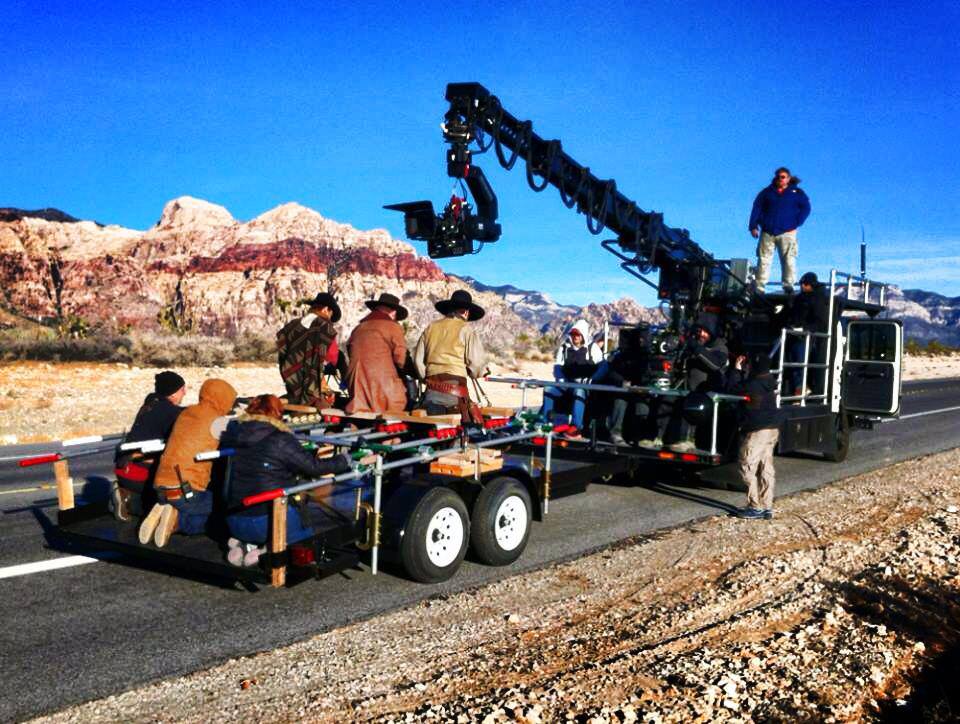
Kris Mendoza: It’s satisfying, but at the same time, that’s a privilege most people don’t have to think about: working harder to win the approval of everyone else around them. They show up on set not having to spend that first hour proving they’re worthy of being there.
Hillary Hanak: You have to arrive with the mentality “I’m here to do a job, and I’m going to do my job. And hopefully you will hire me again, but if you don’t hire me again, I’ll get another job.”
Kris Mendoza: It’s a good attitude. As we wrap up, what’s down the pike for you, anything you want to tease?
Hillary Hanak: Yeah. I’m filming a web series in New York this June. I’m doing 3 out of the 6 episodes, and it’s called Halfway to Fifty. Kelly Murray is directing one of the episodes as well, we work well together and often. We just went up to Jim Thorpe Film Festival for our film, Your Wreckless Heart, which screened in the Local Heroes film block. It was also accepted to the Philadelphia Independent Film Festival.
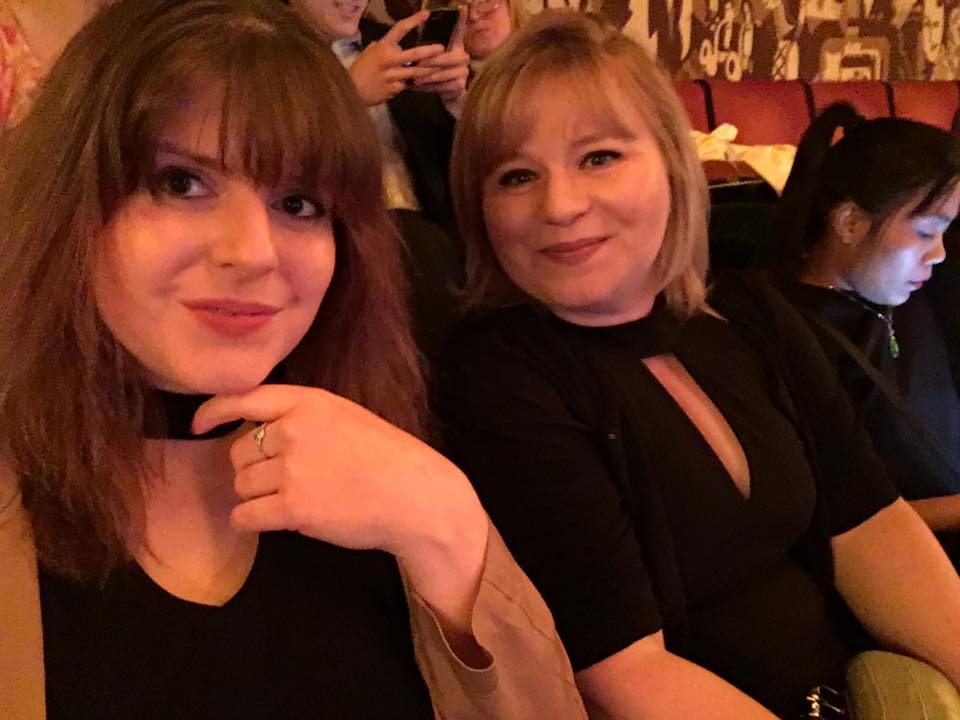
Kris Mendoza: You’re doing all this under the banner of Pink Lemonade Pictures?
Hillary Hanak: Yeah.
Kris Mendoza: Gotcha. Care to talk about Pink Lemonade Pictures and the kind of work you guys do?
Hillary Hanak: Sure. So Kelly and I met years ago through mutual film friends. She had written a script for a short film called The Astronomer and contacted me to shoot it. And our friendship and working relationship kind of blossomed from there. Under Pink Lemonade Pictures, we’re interested in making original films and documentaries that can impact and inspire our community. We’ve done three shorts: The Astronomer, 3:13 which is with Maestro’s Long Story Shorts platform, and Your Wreckless Heart. The Openers will be the first feature length project that we produce together.
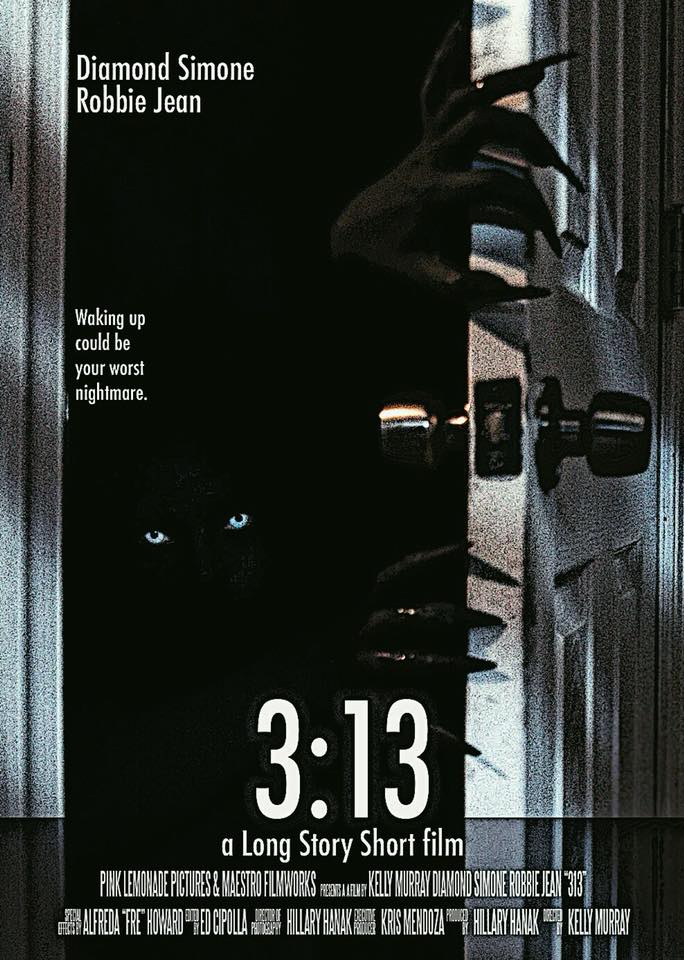
Kris Mendoza: And you’ve got a nine to five!
Hillary Hanak: Yeah. I don’t sleep.
Kris Mendoza: Any parting thoughts?
Hillary Hanak: I think it’s a very tight knit community here in Philadelphia. I hope that through Project Forte, people can be exposed to more options for crew on their next job. I think it’s great what you guys are doing with this. I really do.
Kris Mendoza: That’s the hope! I really appreciate your time. Thanks again for joining us and look forward to working with you again!


